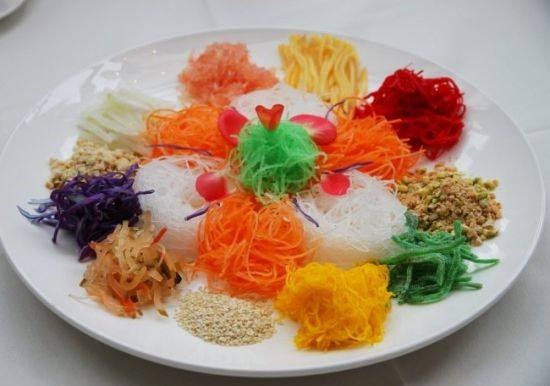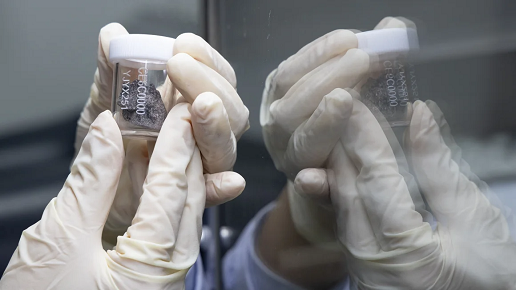The Spring Festival, also known as the Lunar New Year, commemorates the start of a new year on the ancient lunisolar Chinese calendar. Observances generally begin on New Year's Eve and end on Easter Sunday, marking the end of the winter season and the start of the spring season. It is also one of the major holidays in Singapore. 【Taiwan Immigrants' Global News Network】has compiled relevant information about how people in Singapore celebrate Chinese New Year.
Read More: New immigrant from Indonesia demonstrates how to cook mouthwatering “Indonesian beef soup”
Traditions & customs
According to the Visitors Singapore, everyone dons new clothing and begins the day of Chinese New Year by offering the elders in the family a pair of mandarin oranges. This must be accompanied by plenty of fortunate phrases such as gong xi fa cai (恭喜發財) and xin nian kuai le (新年快樂). The expressions are all about wishing for good luck, wealth, and health. In exchange, the family's unmarried juniors receive red money packets.
The day would be spent by families eating, drinking, gambling, and catching up with one another. After a couple of hours, many people will go to see both their paternal and maternal families.
Reunion dinner
On the Chinese New Year Eve, the immediate family meets for a lavish feast known as the reunion dinner.
Abalone, sea cucumbers, and fish are all must-haves when it comes to seafood on the menu. Singaporean Chinese also toss yu sheng (撈魚生), which is a colorful salad of julienned white radish, carrots, cucumber, pomelo, red pickled ginger, pillow crackers, and either raw fish or abalone, a tradition peculiar to Singapore and Malaysia.
Everyone gathers around the plate to toss the salad with their chopsticks while reciting auspicious phrases. Five-spice powder, pepper, sesame seeds, and plum sauce are added, and everyone gathers around the plate to toss the salad with their chopsticks while saying auspicious phrases. The higher you toss, the better, as it represents increased fortune.







